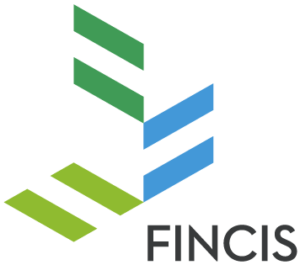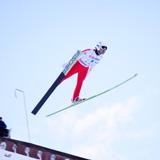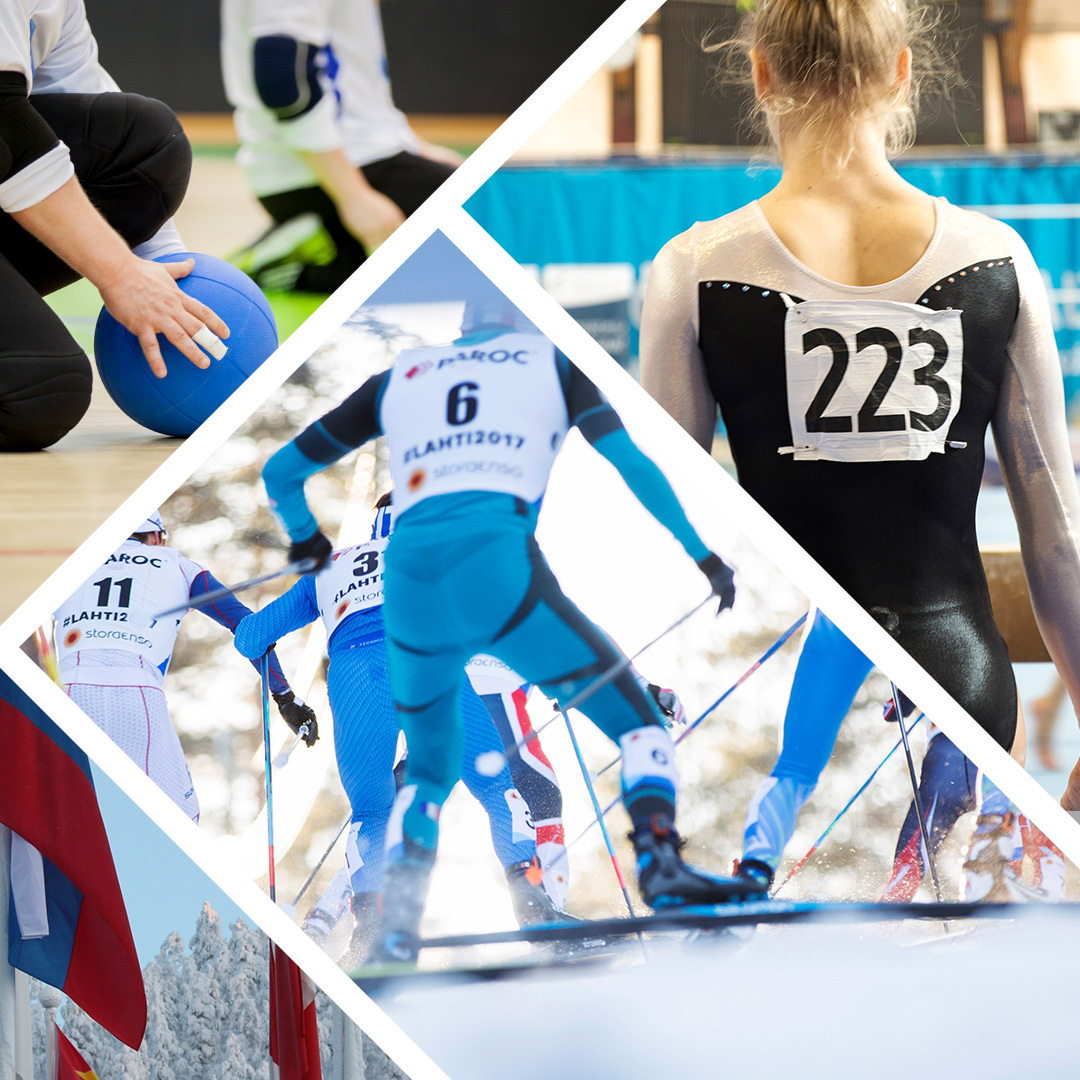Education increases competence in sport ethics and ensures that athletes and other important stakeholders have access to current information. FINCIS provides different target groups with extensive education services. The emphasis of our education activities is on anti-doping activities and the manipulation of sports competitions.
The purpose of education is to ensure that all sports stakeholders have the required up-to-date information about matters concerning anti-doping and manipulation of sports competitions. Sports stakeholders are committed to fair play and promote clean sports actively. Athletes make conscious decisions to promote clean and fair sports and no anti-doping rule violations are made by accident. The goal is to introduce anti-doping activities to an increasing number of athletes through education.
FINCIS’ activities are regulated by the UNESCO International Convention Against Doping and the Council of Europe conventions concerning anti-doping, manipulation of sports competitions and spectator comfort and safety. In the context of anti-doping matters, the education activities comply with the World’s and Finland’s Anti-Doping Codes as well as the new 2021 edition of the International Standard for Education. The codes specified above require athletes, their support personnel, sports federations and Olympic and Paralympic Committees to commit to anti-doping activities and support these activities with their own actions, such as efficient education and communications.
Education services available by request
FINCIS arranges lectures and provides training services related to anti-doping and manipulation of sports competitions to its key target groups, including top-level athletes, young athletes aiming to become top-level athletes, coaches, sports federations and various institutions.
Anti-doping education and training sessions are free for:
- sports federations,
- institutions (sports-oriented secondary schools and upper secondary level units, sports academies, professional degrees in sports),
- the Olympic Committee and Paralympic Committee,
- the Finnish Society of Sports Medicine and
- sports schools of the Finnish Defence Forces.
Education services related to the manipulation of sports competitions are free for:
- sports federations,
- institutions (sports-oriented secondary schools and upper secondary level units, sports academies, professional degrees in sports),
- the Olympic Committee and Paralympic Committee,
- referees,
- player associations and
- key authorities and partners.
All other education and training service requests are assessed on a case-by-case basis. Sports clubs are primarily provided with online training services. If a sports club is requesting our training and education services, the typical fee for these services is EUR 300. The fees for sports clubs with international-level athletes are assessed on a case-by-case basis. The fee for these services provided to other parties is EUR 500, invoiced by FINCIS afterwards.
In the training and education sessions, the age, previous knowledge of the subject and role in sports of the participants and the client’s requests concerning the content of the sessions are taken into account. The recommended time to be reserved for these sessions is 1.5 hours.
You can submit a request by contacting the Communications Assistant. A request for these services must be submitted at least three weeks prior to the event.
FINCIS’s education activities
FINCIS offers training and education material for educational purposes. The material is primarily designed for sports federation, sports clubs and institutions for their educational purposes. The material can also be studied by individuals. Some of the material are also available in Swedish and English.
The material is updated regularly. Whenever the material is used in a presentation, please ensure that you are using the latest version. Editing the material is not allowed. The material can be found in the material bank.
Clean Win online training
Clean Win is an online training service that athletes, their support personnel as well as other sports stakeholders can use to learn about anti-doping and ensure that they have the latest information. The content of the service is based on anti-doping codes that entered into force on 1 January 2021.
Sports federations, clubs and institutions can use the online training service in their own athlete and coach training sessions. The service can be used, for instance, to review the knowledge of anti-doping matters of a team or the athletes of a club before heading off to a competition, or it can be used as part of coach training. A diploma is awarded to those who have completed the training, and it can be used as a certificate of completing the training.
The online training module is recommended to be completed in its entirety at least every two years. The new anti-doping code entered into force in the beginning of 2021, voiding all previous completions of the module, which means that everyone must now complete the updated version of the module in its entirety.
Training and education in cooperation
All sports stakeholders have a right and obligation to promote sport ethics and clean sports. Anti-doping work is based on global codes which athletes and other parties in the field of sports are committed to and obligated to study. However, commitment to clean sports is more than just adherence to rules. All sporting activities are based on fair play. Athletes and their support personnel have the right to receive up-to-date information on anti-doping issues in order to know and understand what they are committed to. Education has an important role in providing information and increasing understanding.
FINCIS cooperates actively with different sports stakeholders in order to improve the expertise of sport ethics. The key partners of this cooperation include sports federations, sports institutes, other institutions and the Olympic and Paralympic Committees. FINCIS also cooperates with other parties in society, for example, by aiming to prevent harassment and inappropriate behaviour in cooperation with Väestöliitto, the Family Federation of Finland. The anti-doping activities of sports federations and sports institutes are governed by their own anti-doping programmes. Each sports stakeholder has their own role in sports, which determines their rights and responsibilities related to sport ethics.
Athlete: Athletes aspiring to reach the top level cleanly has respect for other athletes and common rules while safeguarding their own well-being. Athletes must understand the anti-doping codes applicable to them and any agreements they have entered into. Athletes also have various rights and responsibilities they must know. One of them is the athlete’s right to have receive up-to-date information on anti-doping matters. Athletes are encouraged to speak for clean sports.
Coach: Coaches have an important role in promoting clean and fair sports. Coaches can show their support for an athlete and clean sports by adapting a positive mindset towards doping control and doping tests and by knowing the anti-doping codes applicable to the coach and the athlete and assisting the athlete in complying with the codes. It is important that coaches talk about doping as well as other matters concerning sport ethics with the athletes they are coaching.
Sports club: Clubs have a key role in grassroots activities and education about clean and fair sports. Clubs have the power to determine the value base of the club and affect the decisions made by its members. It is important that clubs train and educate their members of their values and responsible operating methods. Clubs are also committed to complying with anti-doping codes.
Sports federation: Sports federations have an important role in promoting clean sports and ethically sustainable activities and committing sports stakeholders to anti-doping codes. Sports federations can also affect the value base of sports clubs and, consequently, the values shared among individual athletes. Sports federations are responsible for ensuring that athletes and other sports stakeholders have current information and are aware of their duties and rights in anti-doping matters. In their anti-doping programmes, sports federations specify how anti-doping education and training sessions are arranged in the federation according to the criteria. It is also important for sports federations to encourage clubs to arrange anti-doping education and training sessions.





